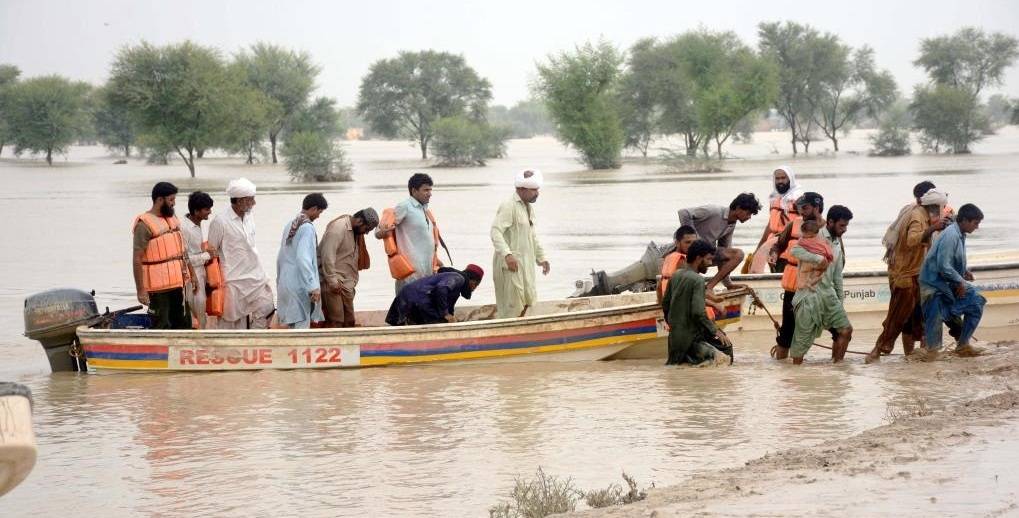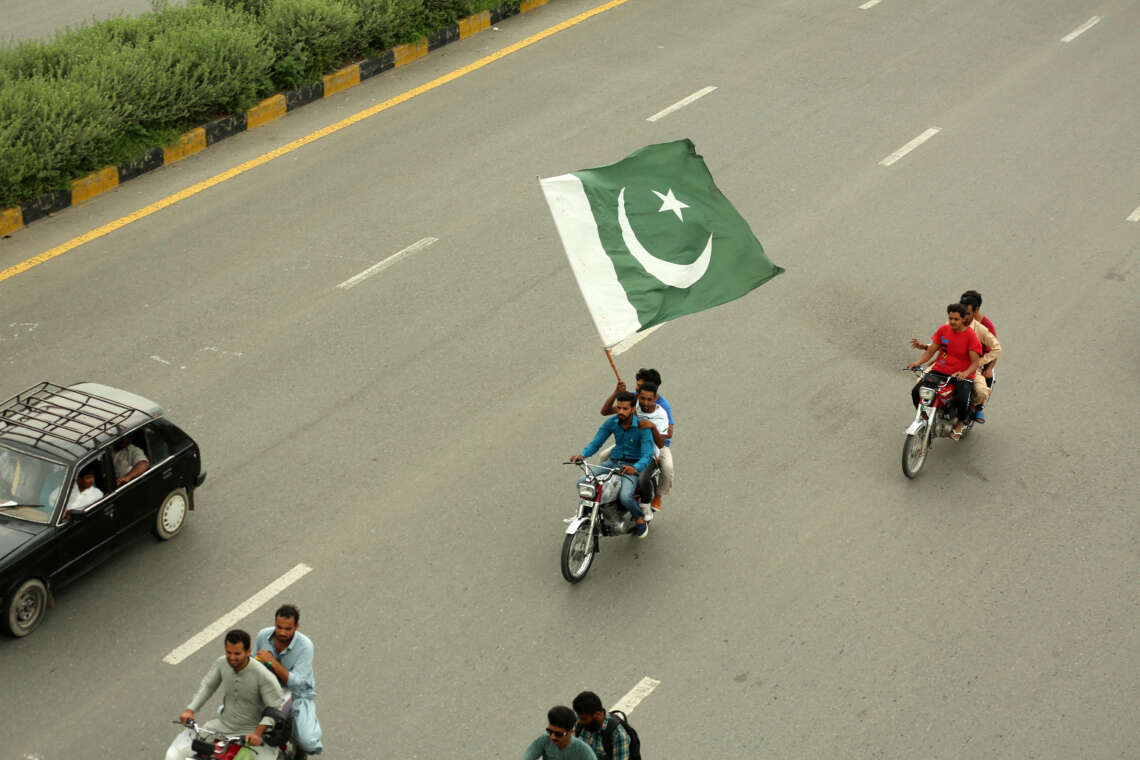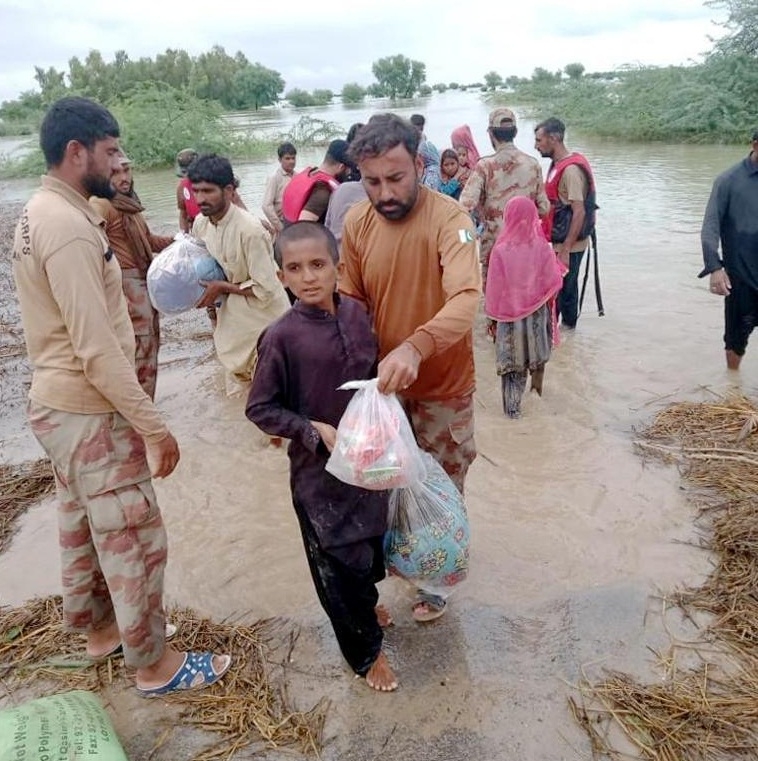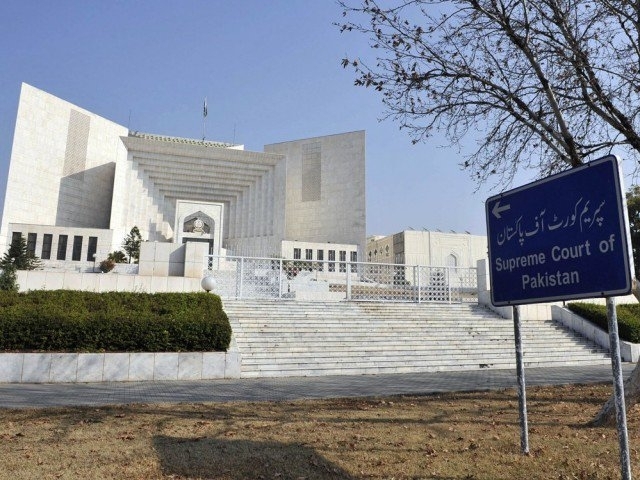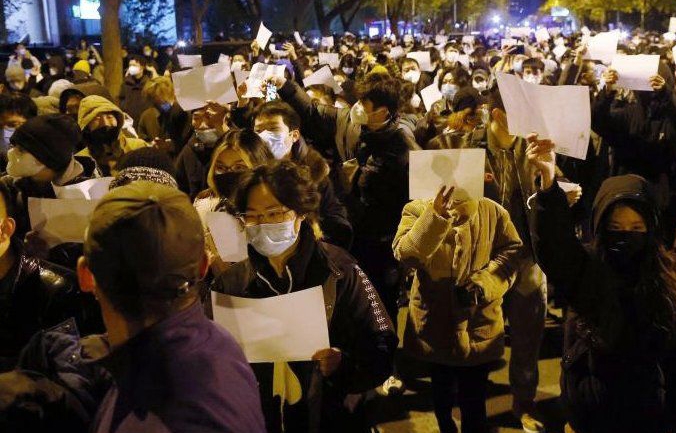The tourism sector of Swat Valley took a hit at the very beginning of the business season this year due to flooding caused by heavy rains…reports Asian Lite News
People associated with the tourism industry in Pakistan are facing loss of millions of rupees due to lack of tourists in the valley. Those involved in hotels, restaurants and jeep businesses have been badly affected by the floods caused by the recent rains, reported The News on Sunday (TNS).
The tourism sector of Swat Valley took a hit at the very beginning of the business season this year due to flooding caused by heavy rains. On April 18, a heavy downpour caused flooding in the Swat River’s Daral Khwar stream and affected business of hotels and shops in the Bahrain Bazaar, reported TNS.
Swat Valley is one of the major tourist attractions in Pakistan. It is known as the Switzerland of Pakistan, it has one of the oldest civilizations in history and one of the most beautiful scenery one could ever see.
The weather patterns and recent rain spells indicate that climate change is among the major challenges the tourism sector will have to adapt to.
Swat, Dir and Chitral are three districts particularly vulnerable to climate change. Nestled in the Hindu Kush mountain range, these areas are regularly struck by flash floods, glacial lake outburst floods (GLOF) and land sliding, reported TNS.
Last year’s devastating floods had already washed away the bridge on Daral Khwar, Bahrain, which was a vital link that provided travellers access to the picturesque Kalam Valley, a major tourist attraction in Swat. The bridge has still to be repaired.
The other route, a road link from Bahrain to Kalam was lost in the recent rains. Many tourists who had come to Upper Swat to celebrate Eid with their families were stuck in the area as were the residents of Upper Swat.
The residents of Swat recorded a protest in Mingora City to express their dismay over the situation. They demanded that the authorities step in to clear the roads and repair the bridge. The protesters stressed the need to expedite work on the Bahrain-Kalam road, reported TNS.
The tourism season started early this year because of the Eid holidays. Many people, however, cancelled their plans to visit Swat Valley following the rain-induced floods.
Uzma, a 21-year-old from Peshawar, said she and her family cancelled their plans to visit Swat over the Eid holidays after she received a text message on the situation from the government. “Recent heavy rains, in upper Swat. The Kalam road is closed due to floods in Bahrain. Avoid travelling on the Swat River route,” read the cautionary message.
Rooh-ul Amin, a resident of Charsadda had to cancel the plans after the locals confirmed that the road to Kalam was not in a good condition. Syed Niaz Ali, the owner of a hotel in Kalam, estimates that compared to last year the number of tourists has dropped by at least 80 per cent, reported TNS.
“Reconstruction of the hotels damaged by floods last year has been started. The main problem is that the Bahrain-Kalam road is in a state of disrepair. That discourages tourists from visiting,” said Ali.
The setback is felt, not just by the hotel owners but also by other people associated with Swat’s hospitality sector. Service providers, drivers, tourist guides, porters, local handicrafts industry, trout fishermen and small business owners are just some of the people whose livelihoods are at stake.
The tourism industry in Khyber Pakhtunkhwa received its first shock during the Covid-19 pandemic. It was still reeling from the aftermath when floods inundated the province, last year and caused large-scale devastation. (ANI)


